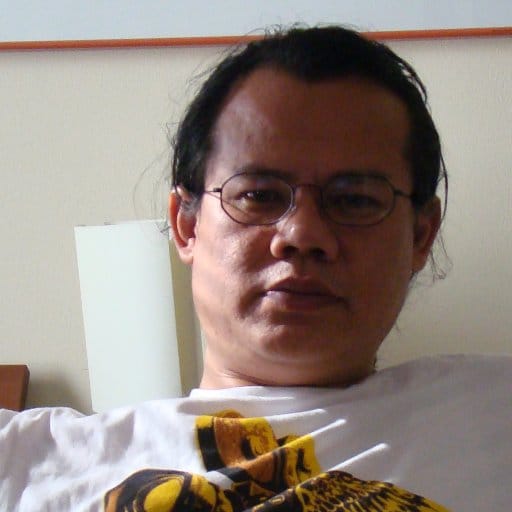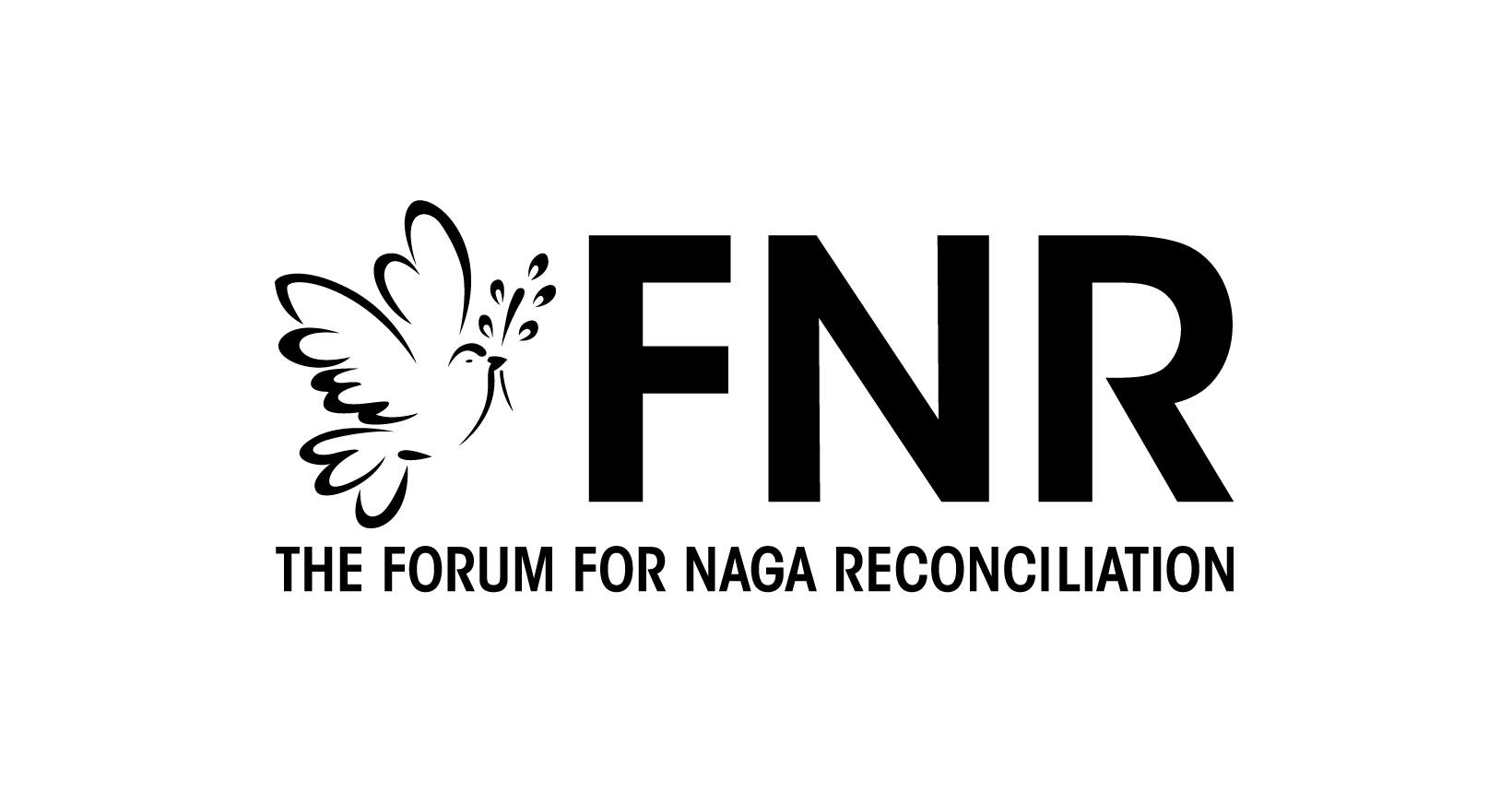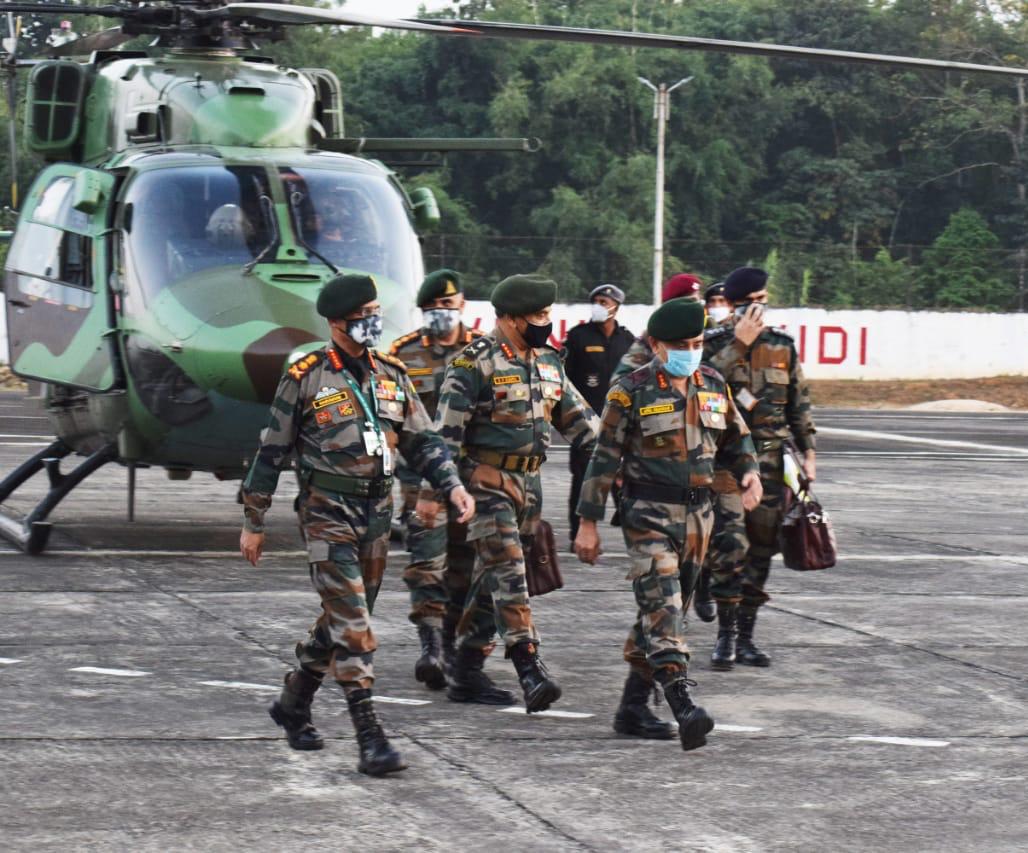Notwithstanding the difference in perception, with all eyes focused on the honourability of settlement, one prays better sense and sincerity of efforts prevail in the search of honourable and long lasting peace, not only in Nagaland or Nagalim, but throughout the northeast, currently reeling under the shadow of the potent armed conflict fuelled by alienation and acute under development.
 Sunzu Bachaspatimayum
Sunzu Bachaspatimayum

The appointment of RN Ravi, the interlocutor for the government of India in the Indo-Naga Peace Talks with the NSCN IM as the new governor of Nagaland has mixed response. While some, especially those close to the prime minister’s office, are of the opinion that the appointment would speed up the talks, there are others, particularly those from the rebel camp, who consider the duality of RN Ravi function as a governor and the interlocutor is equal to reducing the ongoing 22-year peace talk to the Governor’s level.
NSCN IM, often regarded as the ‘mother of insurgency’ of the north east, is a Naga guerrilla group that has entered into a ceasefire agreement with the government of India since 1997 and is currently negotiating for an ‘honourable peaceful settlement’ to end the Naga insurgency that started since India’s independence.

‘The appointment of RN Ravi as the new governor has taken everyone by surprise,’ reads an editorial published in the rebel group’s monthly mouth piece, ‘Nagalim Voice’. It goes on to describe Ravi, the governor-interlocutor as ‘capricious and bossy’ during resumption of peace talks after the high profile appointment. “It became a matter of discomfort for the NSCN negotiators, led by chief negotiator, Th. Muivah when the government of India started turning capricious and bossy as reflected by the body language of Ravi,” read the editorial titled ‘Bemusing Appointment.’
Significantly till his appointment as the governor, Ravi was regarded as the best man for the job even by the NSCN IM. His long service in the security establishment, his accommodative attitude, coated by his politeness and gentleman nature, has to an extent earned the trust of rebels, politicians and the complex Naga civil society group alike.
In 2009 when Ravi was the additional director of the Intelligence Bureau based in Shillong, he was among the few government officials to term the Armed Forces (Special Powers) Act, 1958, or AFSPA as counter-productive. His view on the controversial act remained the same even after his retirement, reflected through his speeches and media writings on replacing AFSPA with a humane approach to contain and phase-out insurgency from the strategic northeast region.

In 2014 the former Intelligence Bureau top brass was appointed as the chief negotiator for the government in striking a peace deal with the NSCN IM. Through concerted efforts, he managed to lead the two decades old peace talks to a ‘framework agreement’ which he signed with the NSCN IM top commander, Th Muivah, on behalf of the government in the presence of prime minister Narendra Modi in August 2015.

Despite the Indian prime minister terming the agreement as historic, the euphoria that the NSCN IM and its sympathizers in Nagaland and Manipur felt at the time of signing remained a non-starter till today. On the other hand, a deep sense of apprehension surrounded the secretive frame agreement which conviniently left out politicians of Nagaland, its citizens as well as the non-Naga citizens of Assam, Arunachal Pradesh and Manipur, the three states that share contiguous areas with Nagaland and collectively fear the possibility of their territorial boundaries being compromise to fulfil ‘integration of all Nagas areas in India and Myanmar under one political unit’, the core demand of the NSCN IM.
“We are happy to learn from Mr Ravi, the interlocutor, at a formal talk on July 26, 2019, that you are committed to resolving the Indo-Naga political problem within three months. However, there are still some core issues such as separate flag and constitution that are yet to be agreed upon by both the parties,” the NSCN IM leadership wrote to prime minister Narendra Modi on August 1. The letter went on to protest the manner in which the peace talks were “downgraded” to the “governor” level at such an advanced stage.
After the framework agreement was signed on August 3, 2015, talks were held between the NSCN(IM) and Deputy National Security Advisor RN Ravi as the interlocutor. The process was monitored directly by the Prime Minister’s Office.
In what looks like a pre-empted effort to calm charged atmosphere, a media report has termed RN Ravi appointment as the Governor of Nagaland as a prelude to the forward move on the Naga peace settlement which is in the final stages. The report, attributing to top government of India sources, said, ‘only the issues relating to separate flag and tribal customary laws were to be sorted out now.’ It goes on to add that the government of India is ready to consider a Naga flag for a pan-Naga cultural body and to term the final agreement as the “Naga constitution”.

“All other key issues, including sovereignty, armed Naga militia and autonomous councils in neighbouring states of Assam, Arunachal Pradesh and Manipur have been settled and agreed upon,” the report added.
Quoting a senior government official in the know of development, the report further said that, “the Naga peace talks are nearing conclusion, provided the Naga negotiators reciprocate with pragmatic flexibility, as we have already made positive offers to them on the two pending issues.”
Notwithstanding the difference in perception, with all eyes focused on the honourability of settlement, one prays better sense and sincerity of efforts prevail in the search of honourable and long lasting peace, not only in Nagaland or Nagalim, but throughout the northeast, currently reeling under the shadow of the potent armed conflict fuelled by alienation and acute under development.




